While most Indian cricketers have represented only India, a few have gone on to play for other countries due to unique circumstances, often tied to residency, career opportunities, or personal reasons. These cases are rare and occurred mostly around the time of India’s partition, allowing players to represent different nations under unique historical circumstances.
1. Ajaz Patel (New Zealand)
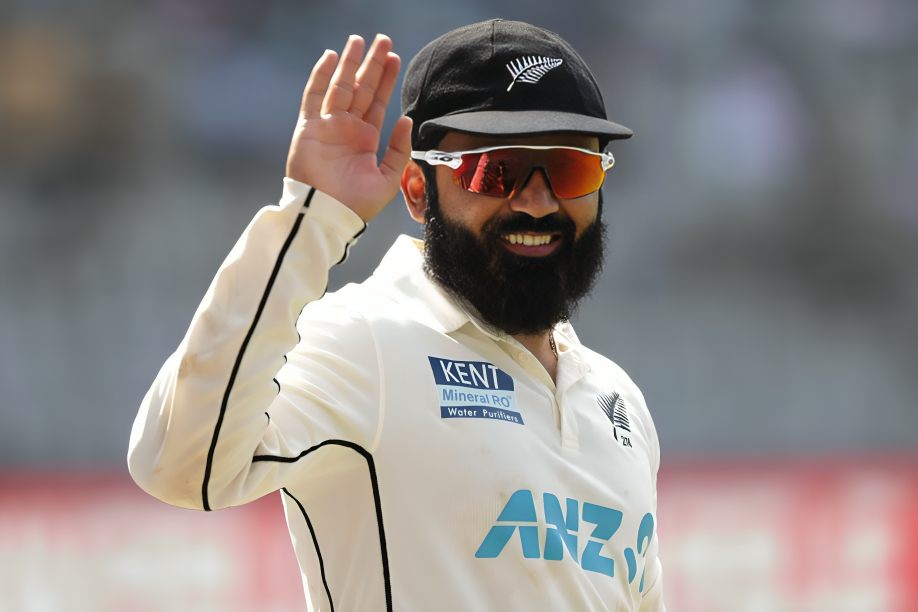
Ajaz Patel is an interesting example of an Indian-born cricketer who went on to represent another country. Born in Mumbai, India, on October 21, 1988, Patel moved to New Zealand with his family at the age of eight. He pursued cricket professionally in New Zealand and developed as a left-arm spinner. Despite his roots in India, Patel eventually represented New Zealand, making his debut for the national team in 2018.
2. Nasser Hussain (England)

Nasser Hussain was born in Chennai, India, but he moved to England as a child and eventually captained the England cricket team in the late 1990s and early 2000s. He became a prominent figure in English cricket with his strong leadership and tactical acumen.
3. Ish Sodhi (New Zealand)
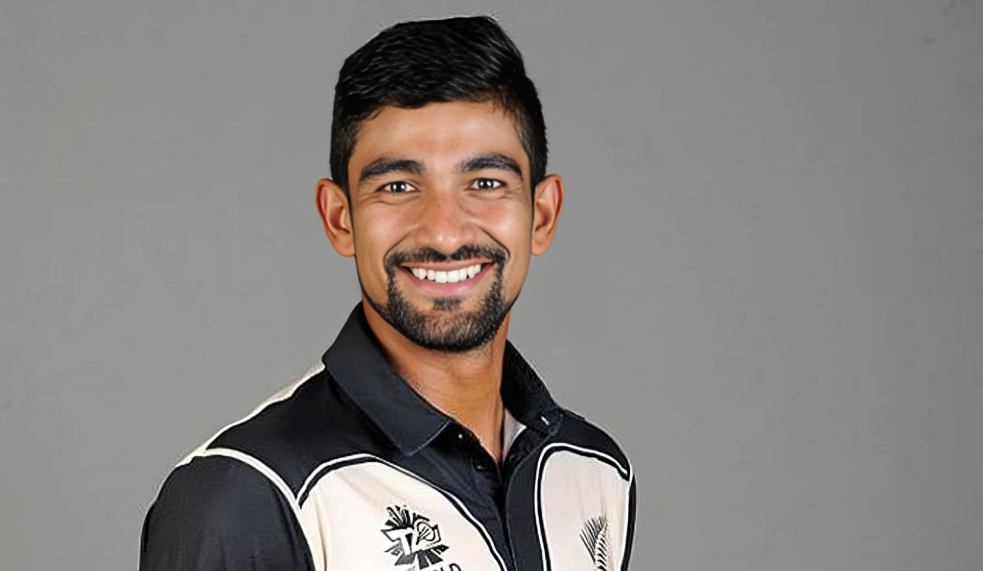
Ish Sodhi a leg-spinner born in Ludhiana, India, represents New Zealand in international cricket. His family moved to New Zealand when he was young, and he emerged as a talented bowler, contributing to New Zealand’s cricketing successes in limited-overs formats.
4. Iftikhar Ali Khan Pataudi (England)
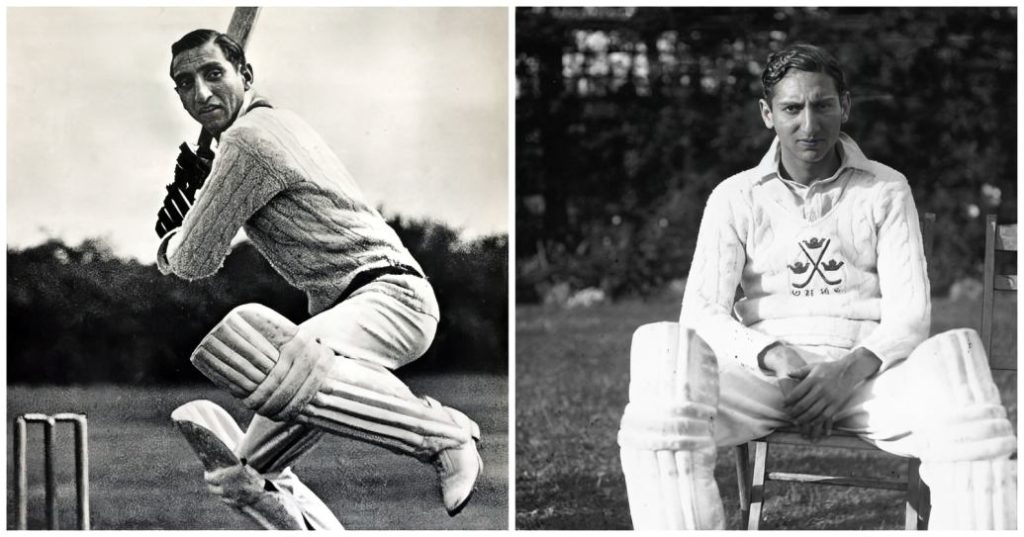
Iftikhar Ali Khan, the Nawab of Pataudi and father of the famous Indian cricketer Mansoor Ali Khan Pataudi, played three Tests for England in 1932-33. Later, he represented India in 1946 after independence, making him the only cricketer to have represented both countries.
5. Gul Mohammad (Pakistan)
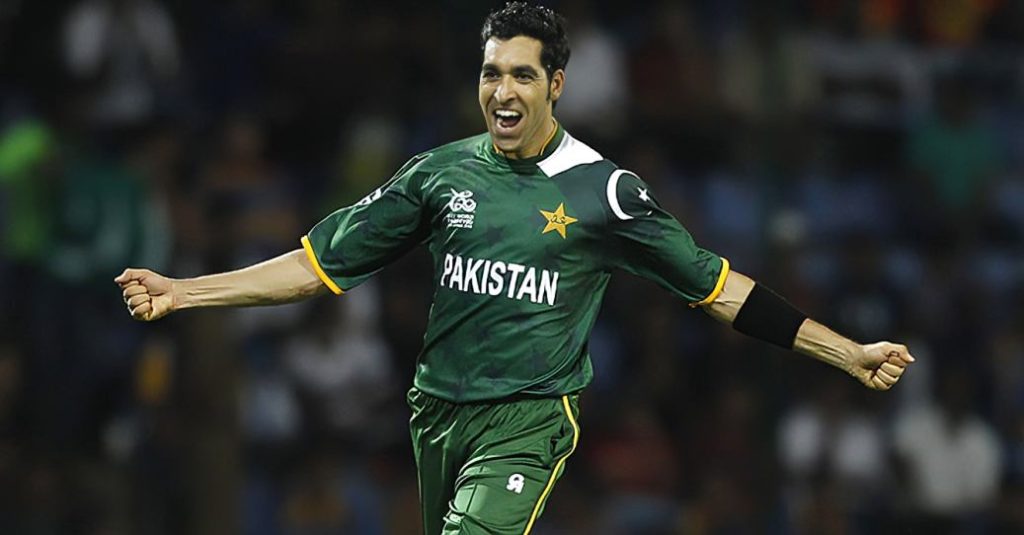
Originally from India, Gul Mohammad played eight Tests for India before moving to Pakistan post-Partition. He later played one Test for Pakistan in 1956, becoming one of the first cricketers to represent both nations.
6. Abdul Hafeez Kardar (Pakistan)
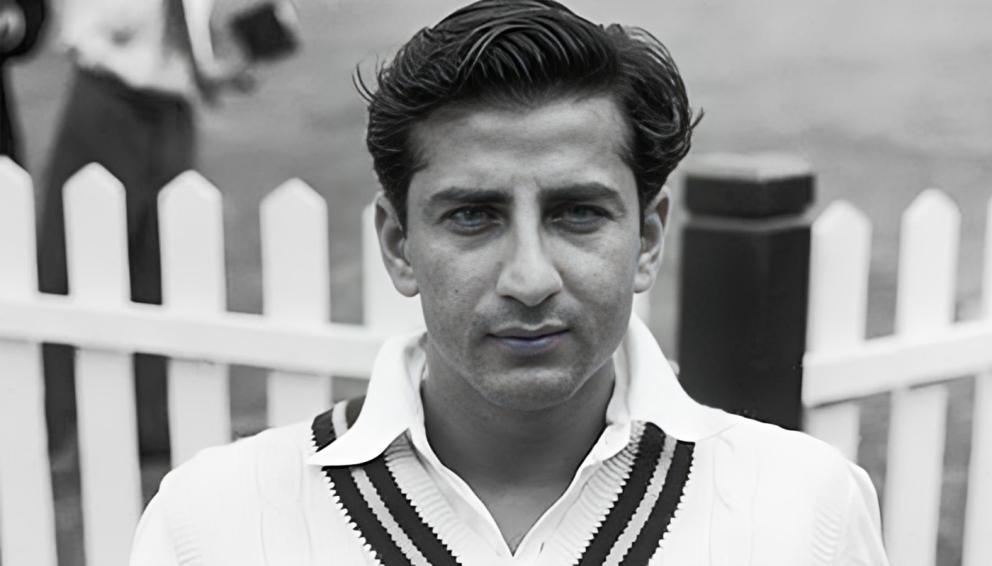
Abdul Hafeez Kardar played three Test matches for India in 1946 before Pakistan’s independence. After the creation of Pakistan, he captained the Pakistan national team and became a prominent figure in Pakistani cricket history.
7. Amir Elahi (Pakistan)
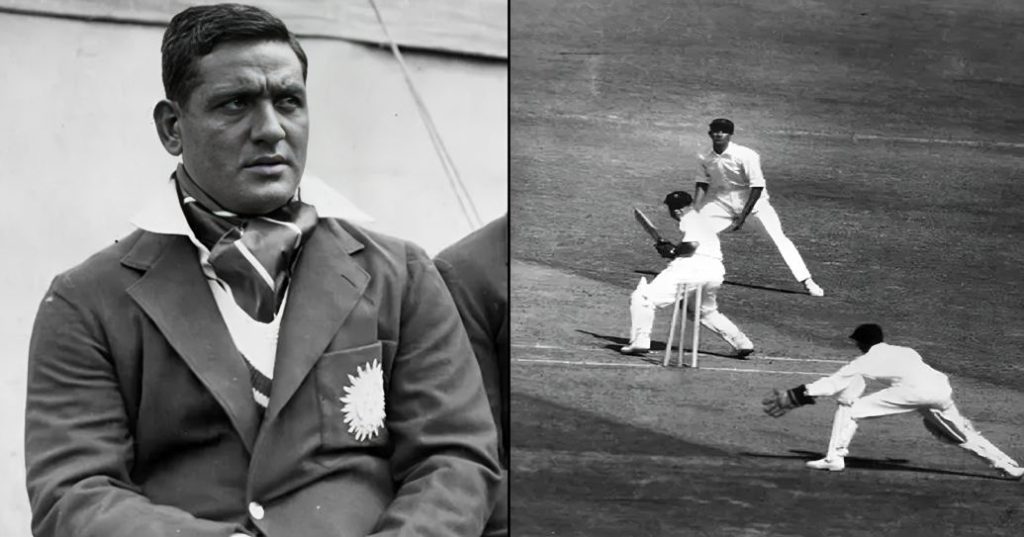
Amir Elahi, one of the few cricketers to represent both India and Pakistan, played a single Test match for India in 1947 before the Partition. Following the division, he joined Pakistan and went on to represent his new country in five Test matches. This unique shift highlights his place in cricket history, bridging the sport across nations during a period of significant change.

